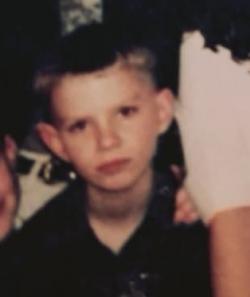Site-Wide Comment Activity: All Authors
 |
|
|
 |
|
|
|
|
 |
 |
 |
 |
 |
 |
|
|
 |
|
|
 |
- « first
- ‹ previous
- …
- 164
- 165
- 166
- 167
- 168
- 169
- 170
- 171
- 172
- …
- next ›
- last »